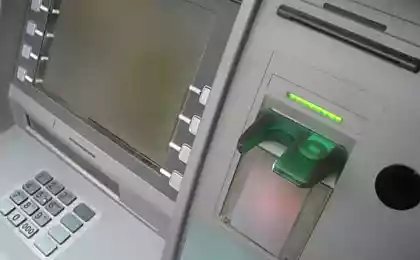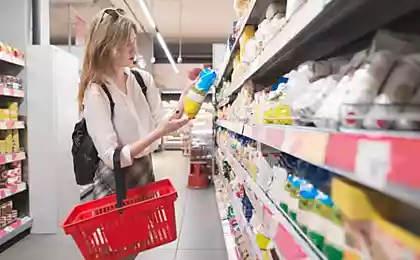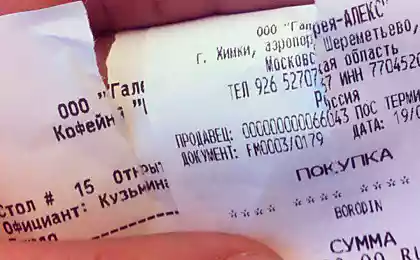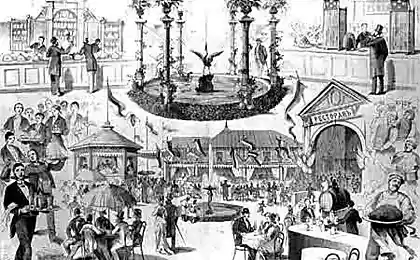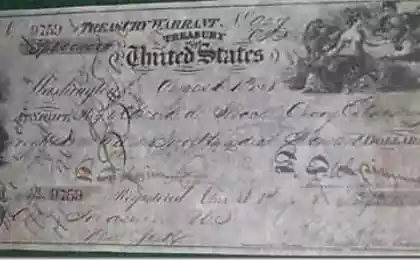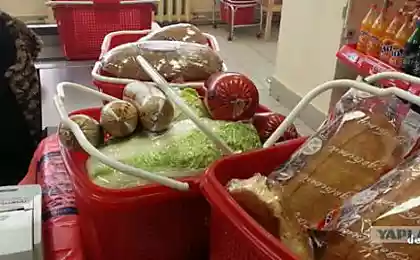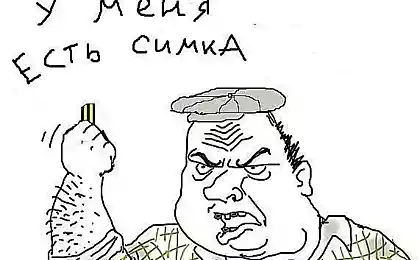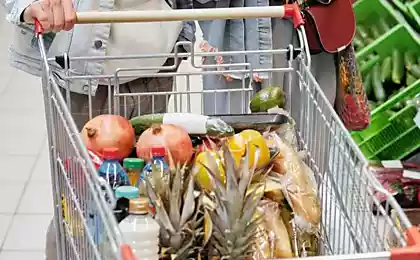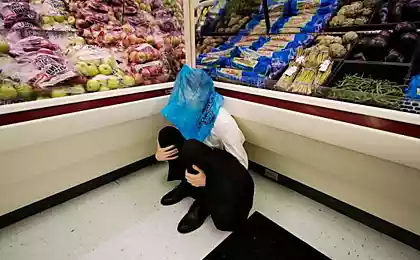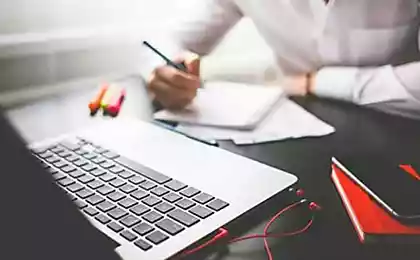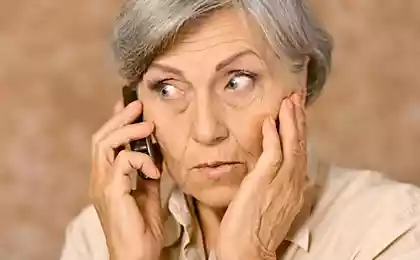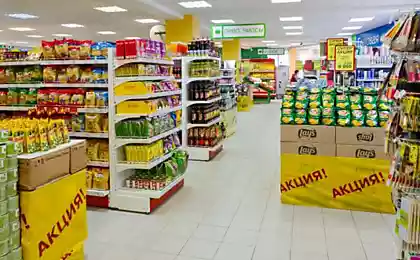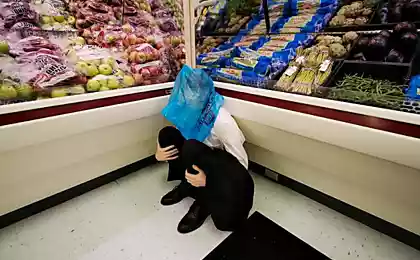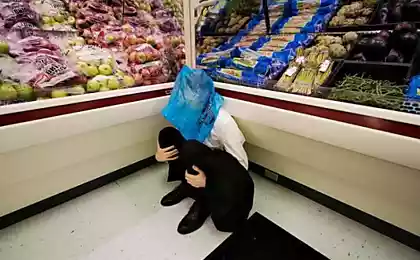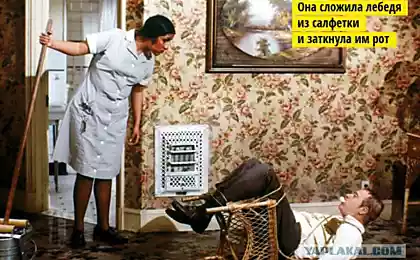187
Why you should pick up a check after shopping at the checkout
In the digital age, a cashier’s check seems like unnecessary garbage. Buyers in a hurry pay for the goods and leave a check at the checkout. Today we're going to tell you Do you need a cashier's check? What to look for when shopping again.
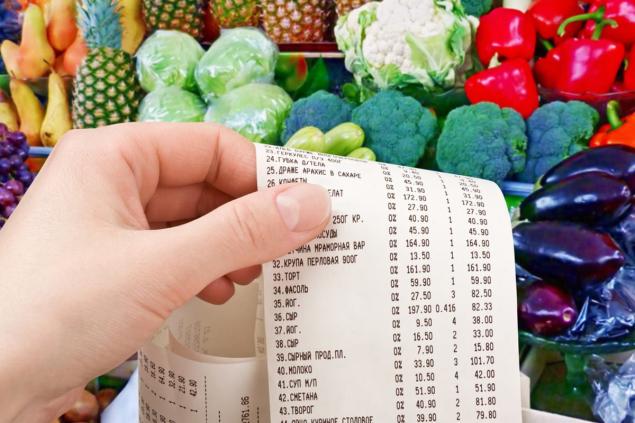
Is it worth reminding that a commodity check is a guarantee for the return of goods within 14 days? For example, you bought expired milk but didn't take the check. Then you can't prove anything, you can pour the milk, and you can't get the money back. First, why you should always pick up your check after you buy it. test. Inadvertently, the cashier can break through the same product several times. At the end of the shift, this happens often, because they work 12 hours, human factor.
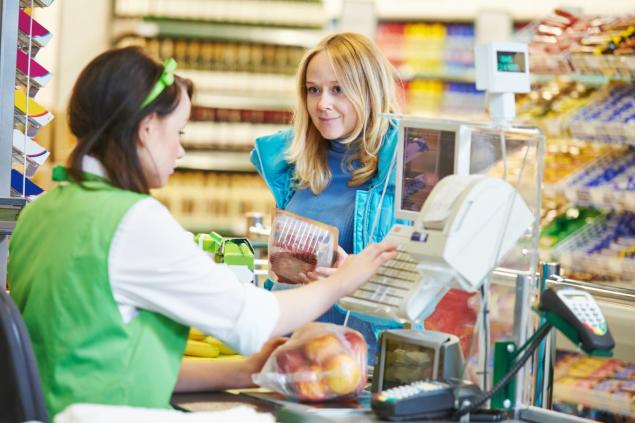
In addition, in large supermarkets there is confusion with price tags. Some goods can be at a discount, and some staff do not have time to change the price tag, while at the checkout they punch the goods at a new price. Then, of course, you can demand to return the money, but for proof you need to bring a check.
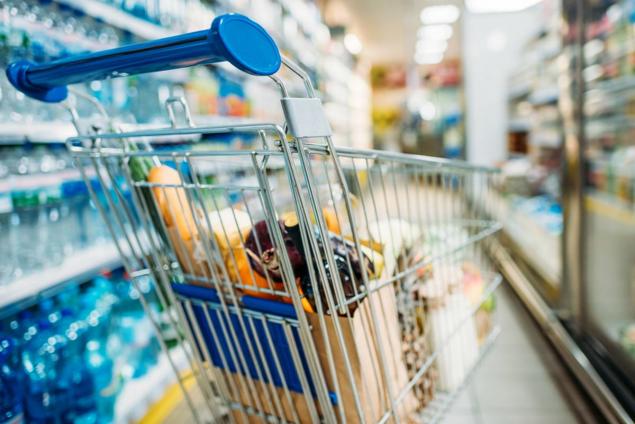
There are scammers who hunt for checks. They take it, go into the store and take out the products you recently bought. When the alarm goes off, the fraudster shows someone else's check. There are also unscrupulous sellers who write off the goods on the remaining check and take the profit home.
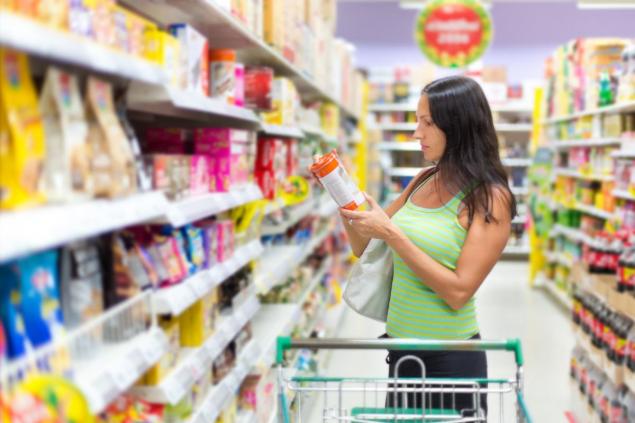
Sometimes bonuses are awarded for purchases in some stores. If you scan the QR code from a check, you can take advantage of these bonuses or transfer the saved money to another card. In the cafe, too, can turn fraud. In such establishments, the client is first brought a check, which indicates the amount and the dishes listed. After the customer is settled in cash, the waiter is obliged to bring him a check. If this does not happen, then it is likely that the money is put not in the cash register, but in the pocket of the staff.
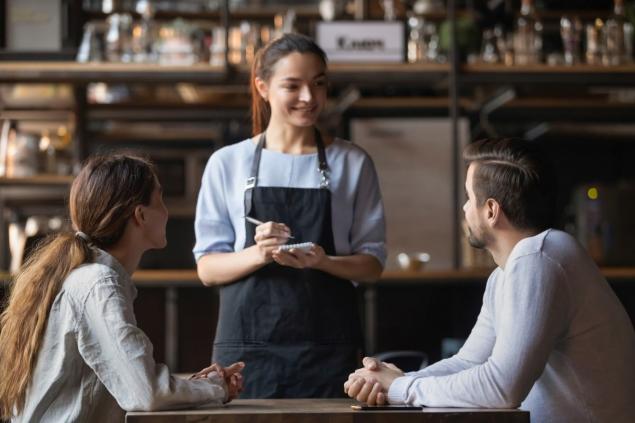
The check may include the buyer’s phone number and the last four digits of the bank card, if a non-cash settlement was carried out. This may be enough to have access to the customer’s online banking.
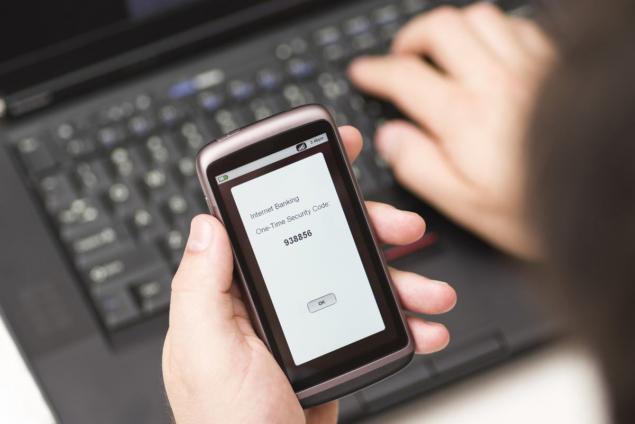
Attackers may try to extort money via SMS or phone. There is nothing easier than presenting yourself as a bank employee, filling in data gaps and carrying out fraud. This happens too often, but it is rarely possible to find an attacker.
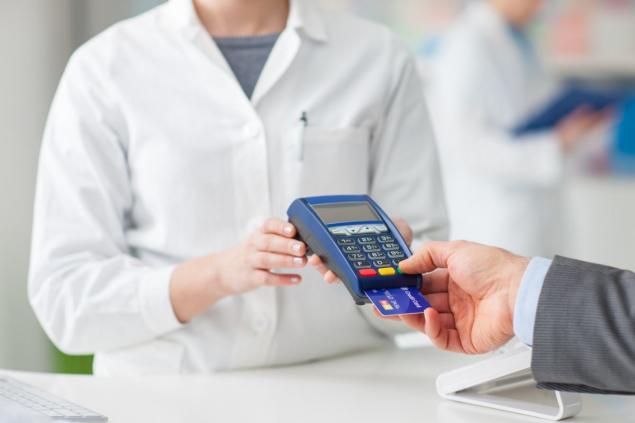
There’s nothing easier than picking up a check and checking it. Just one minute and how much headache can be avoided! The editorial board strongly recommends not to leave checks at the checkout and carefully check them without leaving the store. Do you take cash checks?

Is it worth reminding that a commodity check is a guarantee for the return of goods within 14 days? For example, you bought expired milk but didn't take the check. Then you can't prove anything, you can pour the milk, and you can't get the money back. First, why you should always pick up your check after you buy it. test. Inadvertently, the cashier can break through the same product several times. At the end of the shift, this happens often, because they work 12 hours, human factor.

In addition, in large supermarkets there is confusion with price tags. Some goods can be at a discount, and some staff do not have time to change the price tag, while at the checkout they punch the goods at a new price. Then, of course, you can demand to return the money, but for proof you need to bring a check.

There are scammers who hunt for checks. They take it, go into the store and take out the products you recently bought. When the alarm goes off, the fraudster shows someone else's check. There are also unscrupulous sellers who write off the goods on the remaining check and take the profit home.

Sometimes bonuses are awarded for purchases in some stores. If you scan the QR code from a check, you can take advantage of these bonuses or transfer the saved money to another card. In the cafe, too, can turn fraud. In such establishments, the client is first brought a check, which indicates the amount and the dishes listed. After the customer is settled in cash, the waiter is obliged to bring him a check. If this does not happen, then it is likely that the money is put not in the cash register, but in the pocket of the staff.

The check may include the buyer’s phone number and the last four digits of the bank card, if a non-cash settlement was carried out. This may be enough to have access to the customer’s online banking.

Attackers may try to extort money via SMS or phone. There is nothing easier than presenting yourself as a bank employee, filling in data gaps and carrying out fraud. This happens too often, but it is rarely possible to find an attacker.

There’s nothing easier than picking up a check and checking it. Just one minute and how much headache can be avoided! The editorial board strongly recommends not to leave checks at the checkout and carefully check them without leaving the store. Do you take cash checks?
